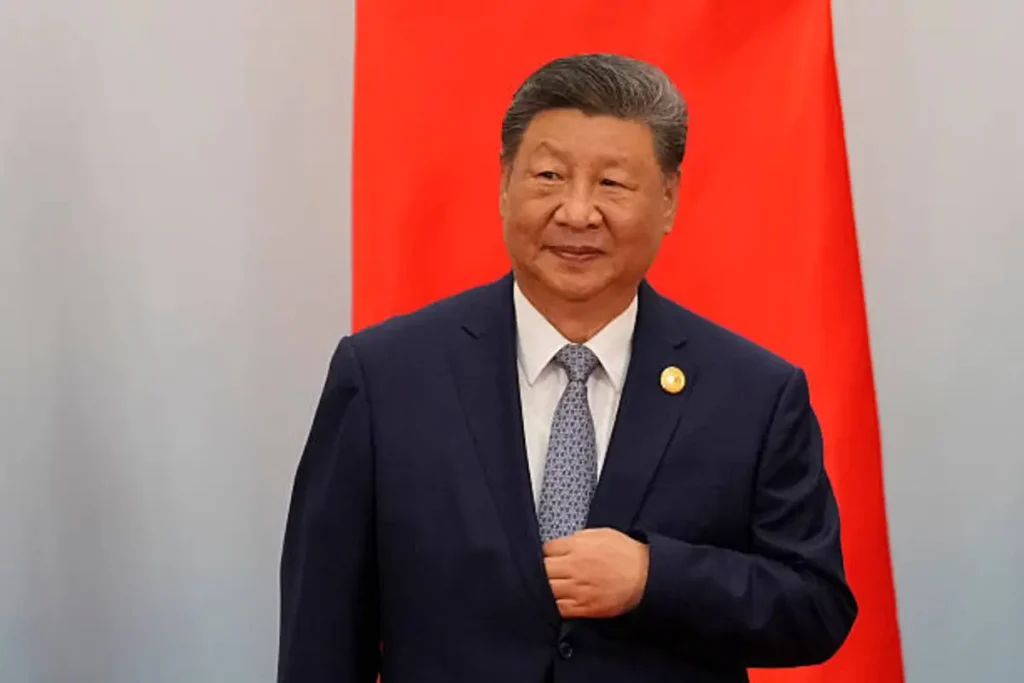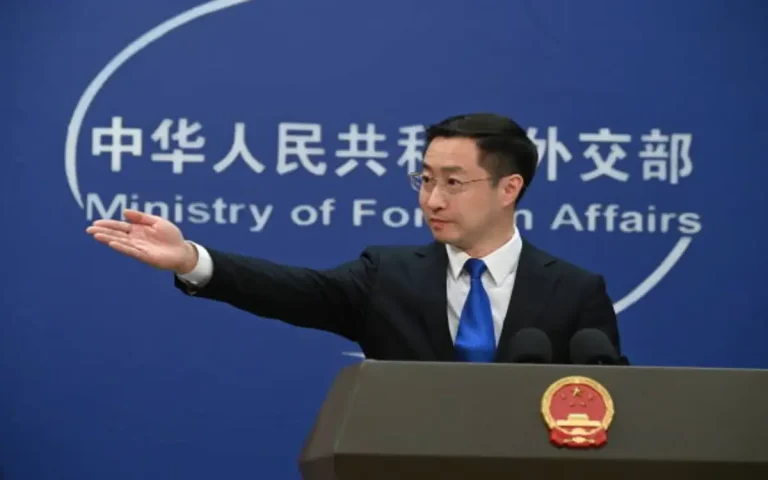
Officials in Beijing outline tax incentives to secure social security stability amid rising aging population concerns.Suo Takekuma - Pool/Getty Images
BEIJING, Sept. 2 — China has announced a set of tax incentives aimed at strengthening the financial sustainability of its social security system.
The Ministry of Finance and the State Taxation Administration issued the notice on Tuesday.
The new measures apply to state assets and cash returns transferred to support the country’s social security funds.
China tax incentives to support social security funds
The policy provides exemptions on value-added tax (VAT) related to income generated from managing the transferred assets.
Interest and financial product transfer income from these investments are included in the VAT exemption.
In addition, income derived from transferring state-owned shares or investing the cash returns will be treated as non-taxable.
Officials said these measures will help maintain stability of the pension system as the country faces an aging population.
New policy takes effect in April 2024
The policy officially came into effect on April 1, 2024, according to the announcement.
Taxes already paid on transactions covered under the new rules are now eligible for refund.
This refund clause is intended to ensure fairness and consistency for institutions already managing transferred assets.
The Ministry of Finance confirmed that guidance will continue to be provided to relevant state-owned enterprises.
China strengthens pension insurance sustainability
China first decided in 2017 to transfer state assets to the national social security funds.
The decision aimed to strengthen the long-term sustainability of the country’s basic pension insurance system.
It also diversified the capital structure of state-owned enterprises by linking them more directly to social welfare obligations.
Analysts have noted the move provides greater financial security as demographic pressures mount.
Institutional role in pension funding
Entities responsible for managing state-owned equity have welcomed the tax relief measures.
The exemptions are expected to reduce financial pressure on these institutions.
Officials said the policy will improve efficiency in managing transferred state capital and related returns.
Such reforms align with China’s broader fiscal strategies for long-term pension security.
Global context of social security reform
Social security reforms remain a priority worldwide as populations age rapidly.
China’s approach reflects strategies adopted by other nations facing similar pension funding challenges.
For example, international institutions such as the International Monetary Fund have advised governments to expand sustainable funding sources for pensions.
Regional think tanks including the OECD have also stressed the importance of adapting tax systems to social security financing.
China’s new tax incentives place its social security policy within this global trend.
China tax incentives and aging population
The country’s pension system faces increasing demand as the population continues to age.
Authorities hope that combining state asset transfers with tax incentives will reinforce pension funding stability.
Observers say the financial framework now provides stronger guarantees for retirees across China.
Related: Philippine government orders suspension of rice imports
The announcement represents a significant step in balancing economic policy with social needs.

